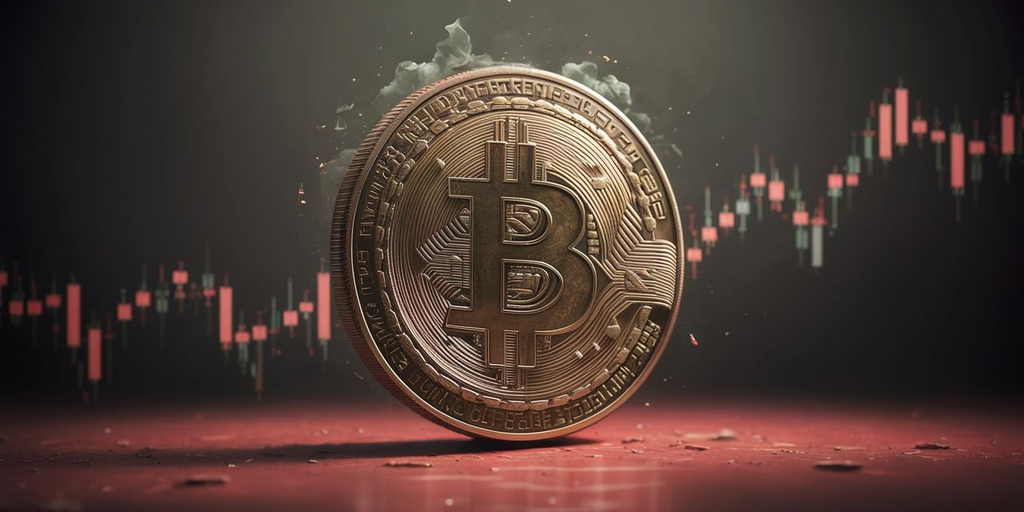According to the research, the US government currently holds 183,850 BTC, valued at approximately $17.36 billion, primarily acquired through asset seizures, such as those from the Silk Road case. These assets are stored across multiple known addresses. While some have speculated that the government might increase its Bitcoin holdings, Galaxy Digital’s head of research, Alex Thorn, stated that they expect no new Bitcoin purchases are expected in the coming year.
Bitcoin Reserve Policy: A Future PossibilityThough new purchases are most likely off the table, the report notes that government agencies may explore an “expanded Bitcoin reserve policy.” Thorn explained that there may be movements within various departments to examine how the government could utilize its existing Bitcoin in future strategies. These discussions may pave the way for a broader, more formalized reserve policy.
Source: X
One such policy, introduced by Wyoming Senator Cynthia Lummis, is the Bitcoin Act 2024, which suggests that the US government purchase 200,000 BTC each year for five years in a row, accumulating a reserve of one million BTC. However, given the current position, this ambitious plan does not seem plausible to get through in 2025.
This cautious stance by the US government might have wider ramifications for Bitcoin adoption around the world. Japanese Prime Minister Shigeru Ishiba has stated that his country will not take a definitive position on Bitcoin reserves until more is known about what the US government is going to do. Former Binance CEO Changpeng Zhao has indicated smaller nations could be among the first to adopt Bitcoin reserves, to be followed over time by China.
State-Level Bitcoin Adoption Gaining MomentumWhile the federal government shows restraint, several US states are less bashful in considering the possibility of the inclusion of Bitcoin in their reserves. Ohio, Texas, and Pennsylvania have moved or are moving legislation that would allow state treasuries to hold Bitcoin as a portion of their financial reserve. Growing interest at the state level is a presage of how Bitcoin can be integrated into official financial systems.
The U.S. government holds approximately 183,850 Bitcoin across 36 known wallet addresses. Source: Spot On Chain
For example, the Texas Strategic Bitcoin Reserve Act would require the state to make Bitcoin a reserve asset to be held for at least five years. A bill in Pennsylvania would let its treasury invest as much as 10% of its balance sheet in Bitcoin as a hedge against economic uncertainty.
Impacts of a Bitcoin Reserve PolicyThe potential for a formal Bitcoin reserve policy, whether at the state or federal level, could have significant impacts on both the market and the wider economy. A commitment from the US government to purchase Bitcoin could increase demand and, in turn, raise prices. This might also set a global precedent, encouraging other nations to follow suit, particularly those with large sovereign wealth funds or those seeking to diversify their financial assets.
A strategic reserve could also have important geopolitical ramifications, strengthening the US’s position in the global digital economy and providing a counterbalance to the increasing exploration of central bank digital currencies (CBDCs) by other countries.
Shaping the Future of Bitcoin in the National EconomyWhile the US government is unlikely to purchase additional Bitcoin in 2025, its ongoing discussions around Bitcoin reserves and the potential for a future reserve policy highlight the growing importance of cryptocurrencies in national economic strategies. Whether through leveraging existing holdings or considering a more formal accumulation plan, the US’s stance on Bitcoin will undoubtedly influence global market dynamics and shape the future of digital assets.
This evolving landscape signals a more significant institutional adoption of Bitcoin, with state governments and corporations likely to take the lead as they explore the strategic value of digital assets in a rapidly changing financial environment.
















